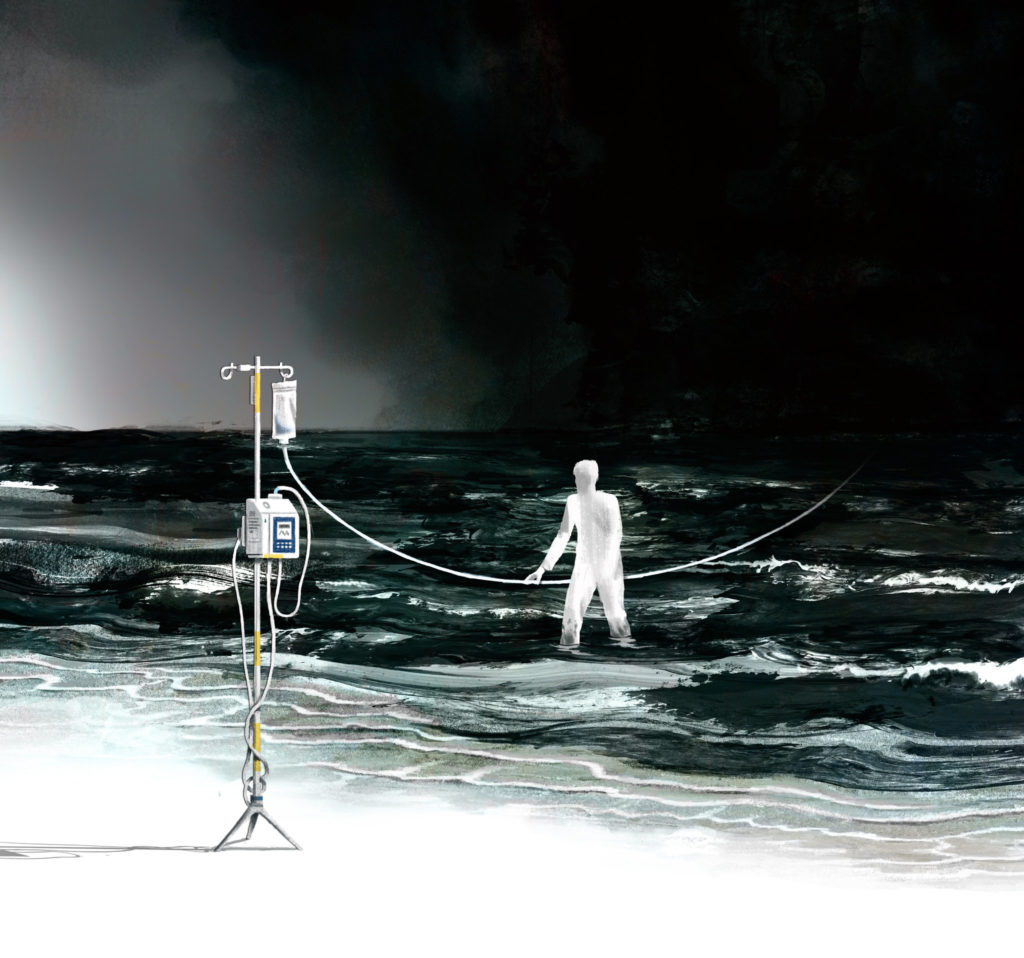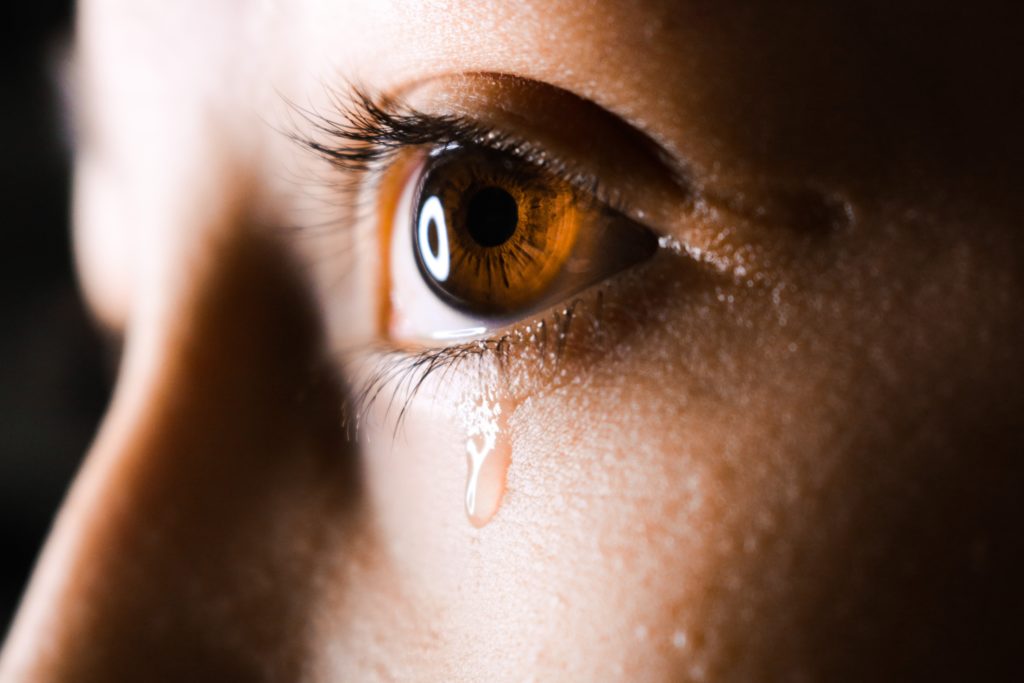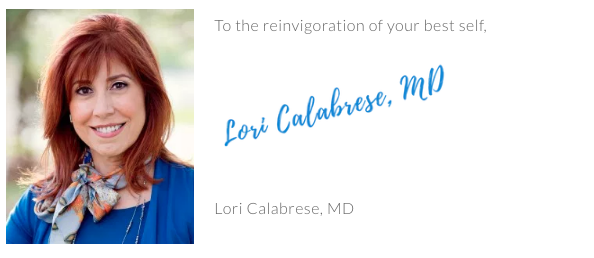
An article published this past Friday, Nov. 30, 2018, in the New York Times Opinion section, asks about a possible remedy for suicidal thinking. Well researched, but not quite well enough. Keep reading…
Author Moises Velasquez-Manoff explored the notion that maybe…just maybe…we can quell the epidemic rate of suicide. He points out that the suicide rate keeps rising, and according to the Centers for Disease Control and Prevention, suicide is now the 10th leading cause of death. After nearly two decades of growing statistics, suicide seems to be higher than it’s ever been.
Tragically, medicines to quell that tide have not kept up with the death statistics and doctors have been increasingly helpless to save a life in time.
Until now. As research and clinical use of ketamine has increased, thousands of suicidal patients have been saved, giving them time to participate in therapy and other treatments so they can heal and rebuild fulfilling lives.
Best Mainstream Article on Ketamine to Date

Kudos to Mr. Velasquez-Manoff for his thorough research about ketamine and its effectiveness in treating suicide. All too often, articles in national publications provide a narrow, myopic view of ketamine and what it can do.
These articles have sometimes misrepresented the potential of this medicine because of a lack of thorough research. While there’s more to the story, which we’ll talk about, there’s lots of good information here for you to read and pass on to your friends and family.
So…Can We Stop Suicide?
Let’s take a stroll through this NYT article, and talk about the truths and the half truths in the quest for what matters.
NYT: Using ketamine to treat depression and suicidality is somewhat controversial. Numerous small studies suggest that it holds great promise, but it’s only now being tested in placebo-controlled trials with hundreds of patients.
Dr. Calabrese: It’s true that it’s been controversial. Like with many controversies, those who make the effort to find and read the research results for themselves quickly understand the value and significance of this drug. Too many listen to hearsay and scuttlebutt and form erroneous opinions…
“Ketamine will never get approved for this,” or “There are too many dangers with ketamine,” they say …. cautious? skeptical? negative Nellies?
We hear their voices loud and long. But clearly, in real-world psychiatry, this is a medication that is revolutionizing outpatient practice.

In all fairness, there is plenty we don’t — and can’t — know. Not yet. IV ketamine treating for treatment-resistant depression (TRD) — and other psychiatric disorders — has only been in moderately wide use for a few years. And it will be years before we really know the long-term consequences of single and repeat infusions, even with these tiny doses. Of course. That’s what long-term means.
And we want to know long-term physiologic effects from low-dose repeated ketamine infusions or maintenance treatment — on the bladder, particularly.
What about long-term impact on quality of life? Let’s talk about that. Since ketamine infusions for TRD use a much, much smaller dose than is ever used in anesthesia, and since we have 50 years of surgeries to go on, it seems pretty unlikely that a short sequence of a few tiny doses of ketamine will have any more negative impact on an individual’s quality of life than their severe treatment-resistant depression did.
What we hear — and what my colleagues around the country hear –is that ketamine treatment can be transformative.
At the same time, the idea that it’s only now being tested in placebo-controlled trials is only true if the author is referring to this decade. Early trials at the beginning of this century were purely investigative to see what ketamine could do.
We’ve said all along, ketamine isn’t for everyone.
Still, its effectiveness is extraordinary especially for those who are most severely ill, and at highest risk for suicide.
In the last few years, trials that were launched even earlier have finally gotten published. It takes time to conceptualize a study, and get it approved by the ethics committees and reviews boards that do these things. Then to recruit exactly the right patients if you’re a major academic center, collect, and analyze the data… we’re talking about a lot of time.
But even with that said, placebo-controlled trials have flourished in the last few years, as witnessed at the International Conference on Ketamine and Other Compounds for Psychiatric Disorders 2018, where researchers came from across the globe to present their findings. And more roll off the presses each month.
NYT: Now, scientists think that they may have found one — an old anesthetic called ketamine that, at low doses, can halt suicidal thoughts almost immediately.

Dr. Calabrese: Yes! Isn’t that great news? In the last 50 years, there has been nothing that could stop suicidal thinking in 4 hours or less — sometimes within the first hour.
And the beauty is that IV ketamine treatment doesn’t just make the suicidal thoughts easier to bear, it erases them.
I wish it happened this way with every patient, but we still haven’t found a medicine that works the same way on everyone. Even so, psychiatry has never seen a medicine do this so quickly, so clearly, and so effectively in so many patients.
NYT: After her suicide attempt, Louise’s psychiatrist suggested she try ketamine. She agreed, and received an infusion intravenously. Within hours, her sense of well-being improved. The hospital discharged her. Back home, she discovered that going to the market was no longer a “herculean task.” Getting her car washed wasn’t an insurmountable chore. “Life was better,” she said. “Life was doable.”

Dr. Calabrese: I love that the author included Louise’s story. Her description is characteristic of the descriptions I hear from my patients after ketamine treatment begins to take hold. And note that her response was hours after one infusion, not a series. Then the hospital discharged her.
A single ketamine infusion can provide a wonderful respite from the heavy lead blanket that is depression, the emptiness and vacancy of feeling, the darkness and despondency…for a few days, or a week, or maybe even 2 weeks.
But we know that one infusion fades. Pretty much everybody knows that.
If your doctor provides you with only one ketamine infusion, it’s almost cruel…it whets your appetite for how life could be…only for it to be snatched away again in a week or two.
This is the reason “ketamine treatment” has come to mean a series of IV infusions at tiny doses over 2-3 weeks. It’s the repetition of infusions close together that seems to stack the benefits and overcome the temporary nature of a single infusion.
What we’re feverishly all working to find out is: exactly how many infusions? 6? 8? Should the dose be based on real body weight or ideal body weight? Some ask if it should be based on body weight at all or just fixed like they’re doing with esketamine. Should the series be all one dose? or should the dose increase? how fast and how high? is there a best dose?
Research has not answered these questions yet.
In our practice, we are sticklers for data, and we collect (and are about to publish) our outcomes. We’ve already presented them at conferences in Europe and in the U.S.

Here’s a clinical pearl: dose titration is important, and many physicians and nurses don’t titrate the dose to achieve the best response.
This practice is often the cause for patients to believe ketamine doesn’t work for them. Not in every case, but far too often.
Seek out a psychiatrist who is up-to-date.
There seems to be so much misinformation circulating, and disappointed patients could possibly avoid disappointment if they — and their doctors — had access to more up-to-date information. Doctors only know the up-to-date information if they take the time to search it out.
NYT: The drug seems to address a longstanding problem in emergency psychiatry. Sedation and physical restraint aside, doctors have few ways to quickly stop suicidal ideation, or thoughts of killing oneself. The current crop of anti-depressants can take weeks and sometimes months to work, if they work at all. They may also, paradoxically, increase suicidality in some patients. Talk therapy takes time to help as well (assuming it does).
Dr. Calabrese: This is a paradox to be sure. The antidepressants prescribed to treat depression can sometimes actually increase suicidal thoughts and actions as a side effect in some people. Confusing and discouraging if you’re suffering without solutions. And they’re slow to work. Even lithium and clozapine — clear anti-suicide champions — are slow to work.
Imagine what rapid relief would feel like. Quick relief from suicidal thoughts — whether you’re an adult or an adolescent or even a child — can give you time to do the work to scaffold things into your everyday life that can keep you well.
One infusion can give you relief. Several can cement remission. Not for just hours or a day or a few weeks or a month. For many patients, remission gives them the time and space to make changes that keep their symptoms at bay.
Imagine that instead of sitting in an ER or on an inpatient unit somewhere.
NYT: Dr. Michael Grunebaum, a Columbia psychiatrist who studies ketamine, thinks the drug should no longer be relegated to a last-line treatment. “It makes sense that it move up in the treatment algorithm in E.R.s and inpatient units,” he told me. (Although if emergency rooms everywhere began offering ketamine, it could create new problems, he adds. As has occurred with opioids, people might claim to be suicidal when, in reality, they’re trying to get high.)
Dr. Calabrese: There’s an important point we need to make here. When a psychiatrist provides ketamine in the safest, most therapeutic way, the psychiatrist manages the dose and rate and the therapeutic experience so that the biological changes that ketamine induces — dendritic branching and synaptic proliferation — can be optimized. One of the indicators of this during the infusion is the degree of dissociation. With an infusion (as opposed to IM or intranasal or oral use), this can be very carefully controlled. And the responsibility for controlling the access, and the infusion experience lies with the doctor. This is not about getting high.
Because people have used ketamine abusively in clubs and on the street, the massive doses they use in those settings — and repeat far too often — can provoke frightening hallucinations. Some people crave that, and use more and more.
If you use ketamine on the street you may think you “get” ketamine treatment…what it’s like… and that it’s likely all about the “trip.” But, that’s a street culture thing. That’s not the science of medicine that heals depression and anxiety and erases suicidal thoughts.

But when psychiatrists provide this medicine with skill and deep expertise, titrating the dose and the number of infusions, working synergistically with the rest of the patient’s medications and clinicians, it’s neither dangerous nor addictive.
The goal is remission, not ketamine ad infinitum.
When a patient needs a new dose every month, ad infinitum, that patient likely didn’t achieve remission in the first place.
We want remission for you. We want you to get better, get going, and give back.
All in all, we loved Moises Velasquez-Manoff’s article. And glad we’ve had this opportunity to set the record straight.
It’s refreshing to read a journalistic article about ketamine treatment for mood disorders that’s as close to accurate as this one.
The question was, “Can we stop suicide?” And the answer is a resounding YES, most of the time, if you let us know you need the help.
It’s wonderful when journalists help spread the word about novel and advanced treatments that relieve severe symptoms like suicidal thinking. The goal is to find relief and remission from the suffering. And new hope that you take with you into your future.
At Innovative Psychiatry we see patients every week who experience renewed joy, purpose in life, creativity, motivation, and initiative after a full course of ketamine treatment. And those who have the best results are often the ones who had the most severe symptoms.

Even if no other medicine or treatment has helped you before, even if your doctor told you there was nothing more they could do to help you, even if you’ve been sick for decades, you are not hopeless.
So take hope.
So many people with a story like yours have gotten better with ketamine treatment.
If you have lost hope, call us.
Find out what it’s like to feel alive, hopeful, and able to to build a new life. Chances are we can help you live again… and enjoy the little things in life like you haven’t in what may seem like a lifetime.
We want to help you get well.

We can all help prevent suicide. The National Suicide Prevention Lifeline provides 24/7, free and confidential support for people in distress, as well as prevention and crisis resources for you or your loved ones.
The National Suicide Prevention Lifeline 1-800-273-TALK (8255)
The Veterans Crisis Line and Military Crisis Line 1-800-273-8255 Press 1
Crisis Text Line: 741-741 Free text hotline 24/7